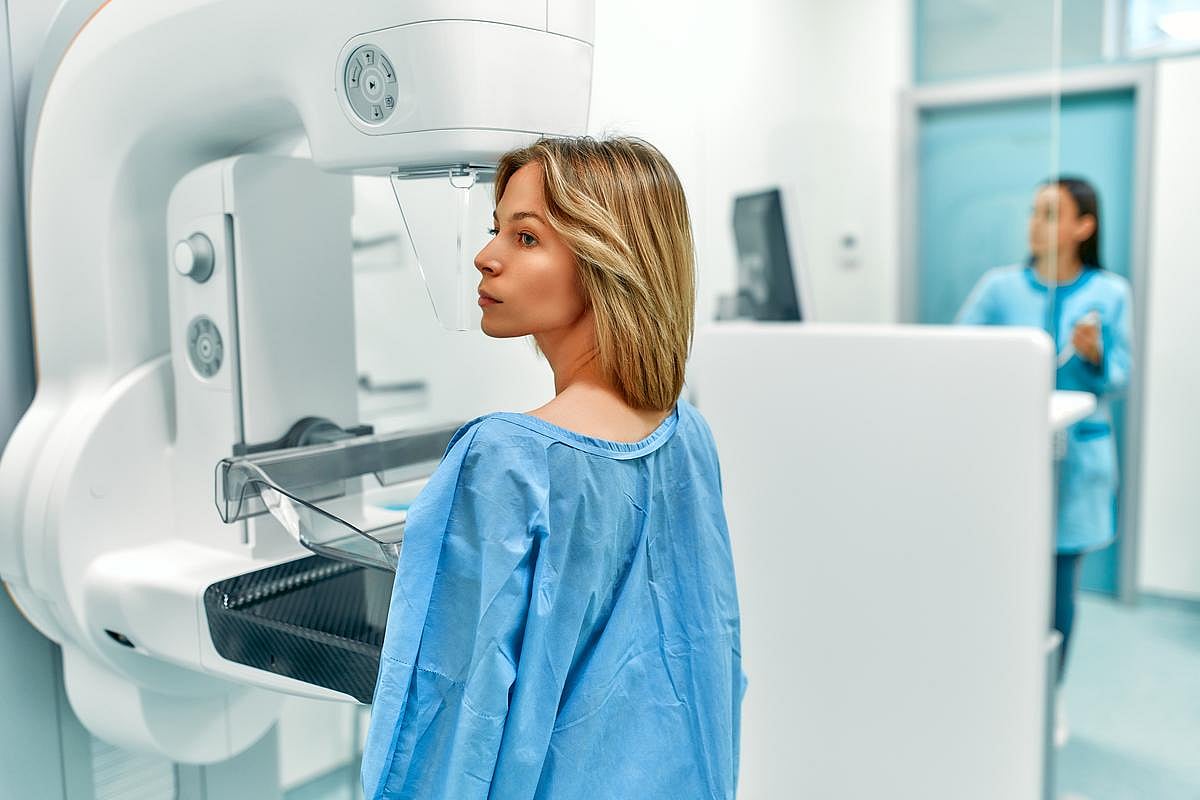Manténgase sano!

- Dennis Thompson
- Posted December 5, 2024
Prevention Outpaced Treatment Advances in Saving Lives From Major Cancers
“An ounce of prevention is worth a pound of cure,” founding father Benjamin Franklin once said.
That’s definitely true of cancer, a new study has found.
Cancer prevention and screening has saved more people from five types of cancer during the past 45 years than advances in treatment, researchers report.
More deaths from cervical, colon, lung and prostate cancer were averted by prevention and early detection than by improvements in the way more advanced cancers are treated, according to results published Dec. 5 in the journal JAMA Oncology.
Only in breast cancer did treatment advances account for the most deaths averted, researchers found.
These five cancers account for nearly half of all new cancer diagnoses and deaths, researchers said in background notes.
"Although many people may believe that treatment advances are the major driver of reductions in mortality from these five cancers combined, the surprise here is how much prevention and screening contribute to reductions in mortality," said co-lead investigator Katrina Goddard, director of the National Cancer Institute’s (NCI) Division of Cancer Control and Population Sciences.
“Eight out of 10 deaths from these five cancers that were averted over the past 45 years were due to advances in prevention and screening,” Goddard said in an NCI news release.
In fact, a single type of prevention -- quitting smoking -- contributed to the lion’s share of deaths averted. Nearly 3.5 million lives were saved from lung cancer alone by people quitting, researchers estimated.
For the study, researchers tracked the relative contributions of prevention, screening and treatment advances to cancer deaths averted between 1975 and 2020.
Overall, nearly 6 million deaths from the five cancers were averted during that period, researchers say.
Of those, about 80% of lives saved were due to prevention and screening efforts, results show.
Specific results from each cancer show that:
One million breast cancer deaths were averted, with treatment advances contributing to three-quarters of these lives saved
Smoking cessation accounted for 98% of nearly 3.5 million lung cancer deaths averted
About 160,000 cervical cancer deaths were avoided, entirely through screening tests and removal of precancerous lesions
About 940,000 deaths from colon cancer were averted, 79% due to screening and removal of precancerous polyps
Around 56% of 360,000 prostate cancer deaths averted were due to screening through PSA testing, versus 44% from treatment advances
“These findings suggest that we need to continue to have strong strategies and approaches in all of these areas,” Goddard said. “It's not just treatment advances alone, or prevention and screening alone, that is helping us to reduce cancer mortality.”
It’s likely even more deaths have been averted in recent years, due to new strategies like HPV vaccination to prevent cervical cancer and chest X-rays to screen for lung cancer, researchers noted. Those practices were not in wide use during the study period.
“We need to optimize the uptake and use of prevention and screening for these five cancers so that all Americans can benefit, especially underserved populations, as well as develop novel prevention and screening strategies to avert deaths due to other, very lethal cancers, such as those of the pancreas and ovary,” said co-lead researcher Philip Castle, director of the NCI’s Division of Cancer Prevention.
More information
The U.S. Centers for Disease Control and Prevention has more on cancer screening tests.
SOURCE: National Cancer Institute, news release, Dec. 5, 2024





